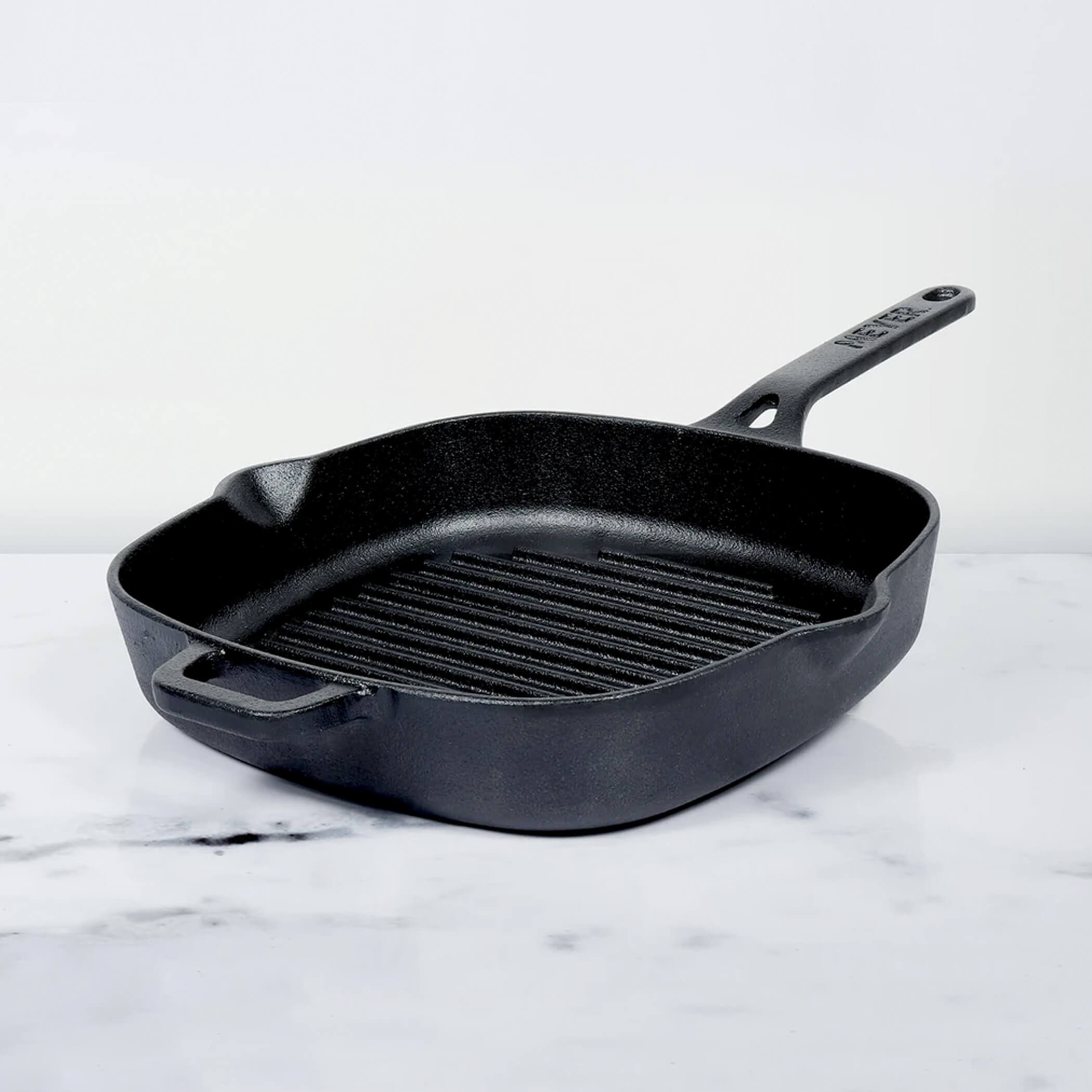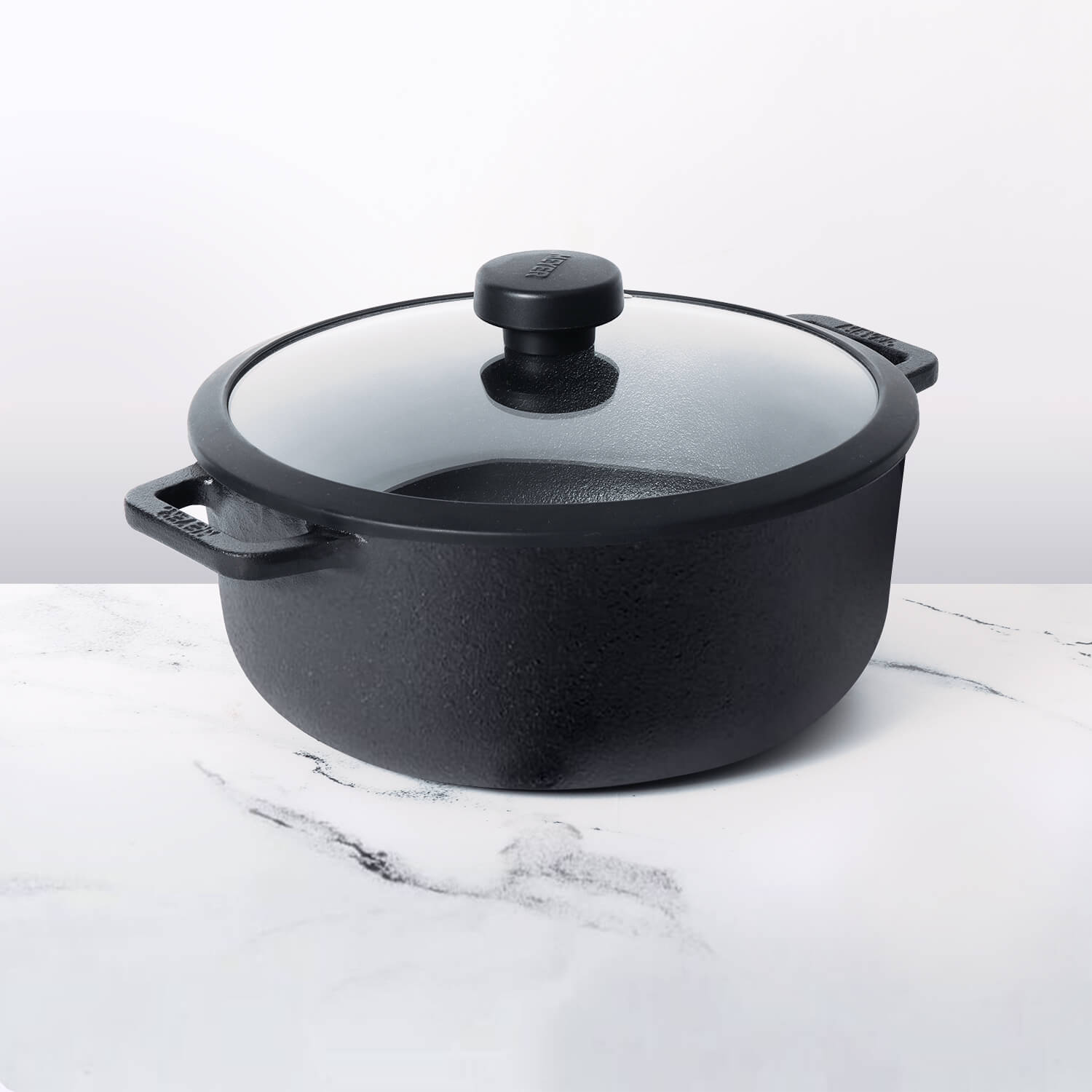Cooking at home offers numerous advantages, including the ability to make healthier choices, manage portion sizes, and customize meals to align with specific dietary preferences and restrictions. It promotes better nutrition, as you have control over the ingredients, leading to reduced intake of unhealthy fats, sugars, and sodium, and increased reliance on fresh, whole foods. Additionally, cooking at home is cost-effective, allows for skill development, and fosters social bonds through shared meals. It also reduces environmental impact, minimizes stress associated with meal planning, and establishes a consistent eating routine, making it a valuable practice for achieving health and dietary goals.
Table of Contents
Benefits of Cooking at Home:
- Healthier Eating: When you cook at home, you have control over the ingredients you use, allowing you to make healthier choices. You can reduce unhealthy fats, sugars, and sodium and increase the use of fresh, whole foods.
- Portion Control: Preparing meals at home makes it easier to manage portion sizes, reducing the risk of overeating and aiding in weight management.
- Customization: Cooking at home enables you to tailor your meals to meet your dietary preferences and restrictions, making it easier to adhere to specific dietary plans.
- Nutritional Control: You can choose the quality of ingredients and select nutrient-dense foods, ensuring you meet your dietary goals and get essential vitamins and minerals.
- Cost-Effective: Home-cooked meals are typically more cost-effective than dining out or ordering takeout regularly. You can buy ingredients in bulk, take advantage of sales, and avoid restaurant markups.
- Cooking Skills: Regularly preparing meals at home helps you develop and refine your cooking skills, making you more self-sufficient in the kitchen and allowing you to experiment with new recipes and flavors.
- Family and Social Time: Cooking and enjoying meals at home can be a social and bonding experience for families and friends, fostering quality time together.
- Reduced Environmental Impact: By cooking at home, you can be more environmentally responsible. You can minimize waste, use local and seasonal ingredients, and choose eco-friendly cooking methods.
- Stress Reduction: Knowing what you're eating and having meals readily available can reduce mealtime stress and decision fatigue, contributing to overall stress management.
- Consistency: Cooking at home promotes a consistent eating routine, making it easier to stick to dietary goals and resolutions, and it helps establish a regular eating schedule.
- Variety and Creativity: Cooking at home allows you to get creative with your meals, experiment with different cuisines, and try out new recipes. It can be an enjoyable and fulfilling hobby.
- Food Safety: You have greater control over food safety when you cook at home, reducing the risk of foodborne illnesses.
Can Home Cooking Be A Part Of Healthy Eating?
Home cooking can be a key component of a healthy lifestyle by allowing you to have better control over the ingredients and preparation methods. When you cook at home, you can select fresh, whole foods, reduce the use of unhealthy fats, sugars, and sodium, and create balanced, nutrient-dense meals. Portion control becomes easier, helping with weight management, and you can tailor your dishes to meet specific dietary preferences and restrictions. Home-cooked meals promote mindfulness, as you engage with the cooking process and make conscious choices about what you eat. Furthermore, it fosters a sense of responsibility for your health, encourages regular eating schedules, and offers opportunities for creativity in the kitchen. Overall, home cooking empowers you to make healthier choices, and it's a fundamental step toward achieving and maintaining a nutritious and well-balanced diet.
Is Cooking at Home Difficult?
Cooking at home can be as simple or as complex as you choose it to be. It doesn't have to be difficult, especially if you start with basic recipes and gradually build your cooking skills. Many simple and quick recipes are perfect for beginners, and they can be both nutritious and delicious. The difficulty of cooking at home largely depends on factors like the complexity of the recipe you choose, your familiarity with cooking techniques, and the time you're willing to invest. With practice and a willingness to learn, you can make cooking at home a rewarding and enjoyable experience. Plus, there are numerous resources, including cookbooks and online tutorials, to guide you through the process.
Tips & Hacks to Simplify Home Cooking:
- Plan Your Meals: Create a weekly meal plan to help you shop for groceries and avoid last-minute cooking decisions. This reduces stress and ensures you have the necessary ingredients.
- Prep Ingredients in Advance: Spend some time chopping, slicing, and prepping ingredients in advance, so they are ready to use when you start cooking.
- Invest in Time-Saving Tools: Consider using kitchen gadgets like a food processor, high-quality cookware to make cooking easier and faster.
- Cook in Batches: Cook larger quantities and freeze leftovers for future meals. This is a great time-saver and reduces food waste.
- Organize Your Kitchen: Keep your kitchen well-organized with frequently used items easily accessible. Label ingredients and keep a well-stocked pantry.
- Follow Simple Recipes: Stick to straightforward recipes with fewer ingredients and steps, especially if you're new to cooking.
- Clean as You Go: Clean up as you cook to reduce the post-cooking cleanup. It makes the process less daunting.
- Use Leftovers Creatively: Transform leftovers into food storage containers to avoid food waste and save time on future meals.
- Cook Once, Eat Twice: Plan meals that allow for repurposing ingredients. For example, roast extra vegetables to use in salads, sandwiches, or grain bowls.
- Learn Time Management: Get a sense of how long each recipe takes to prepare and cook. This helps you plan your cooking sessions more effectively.











Leave a comment